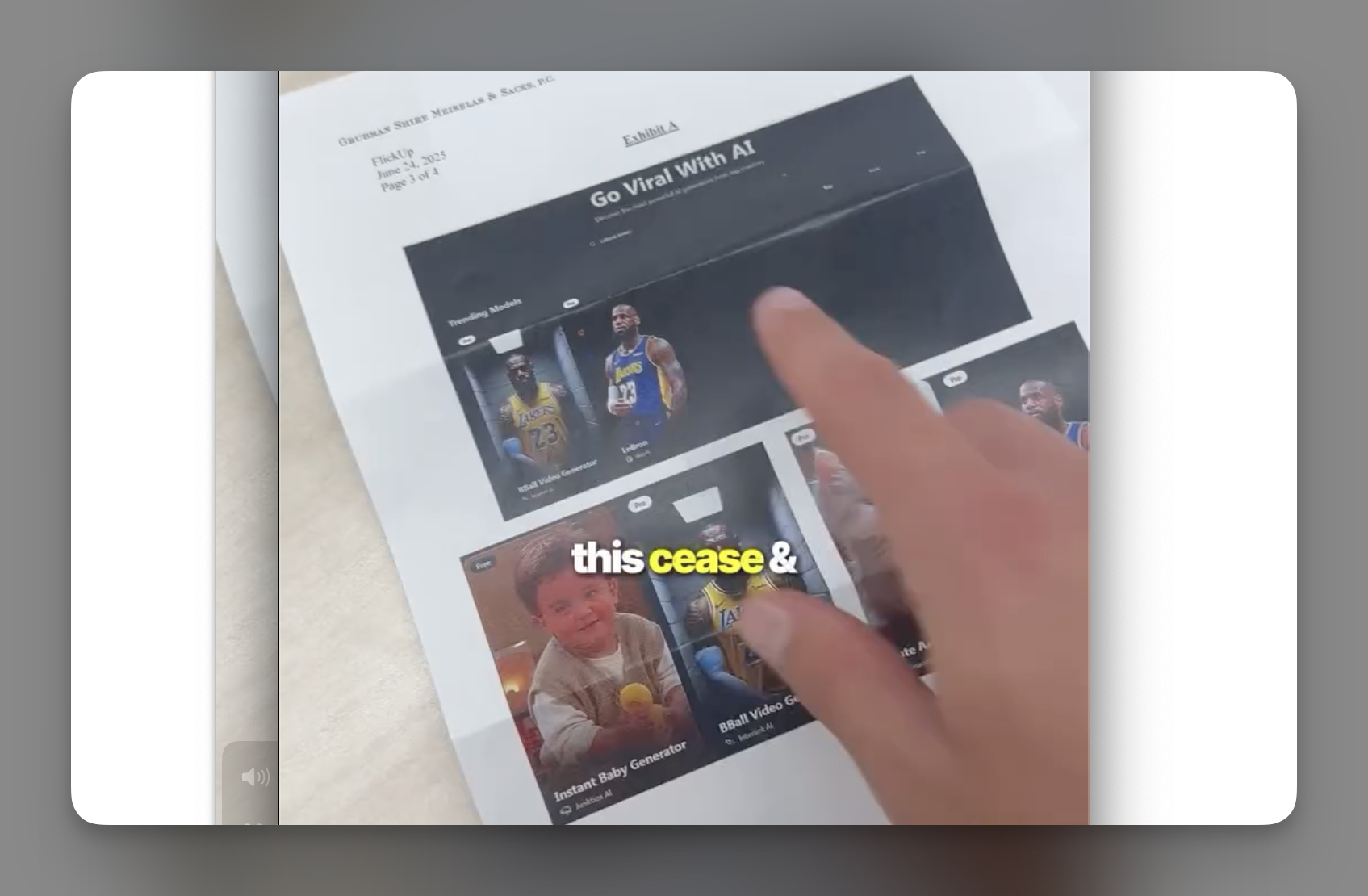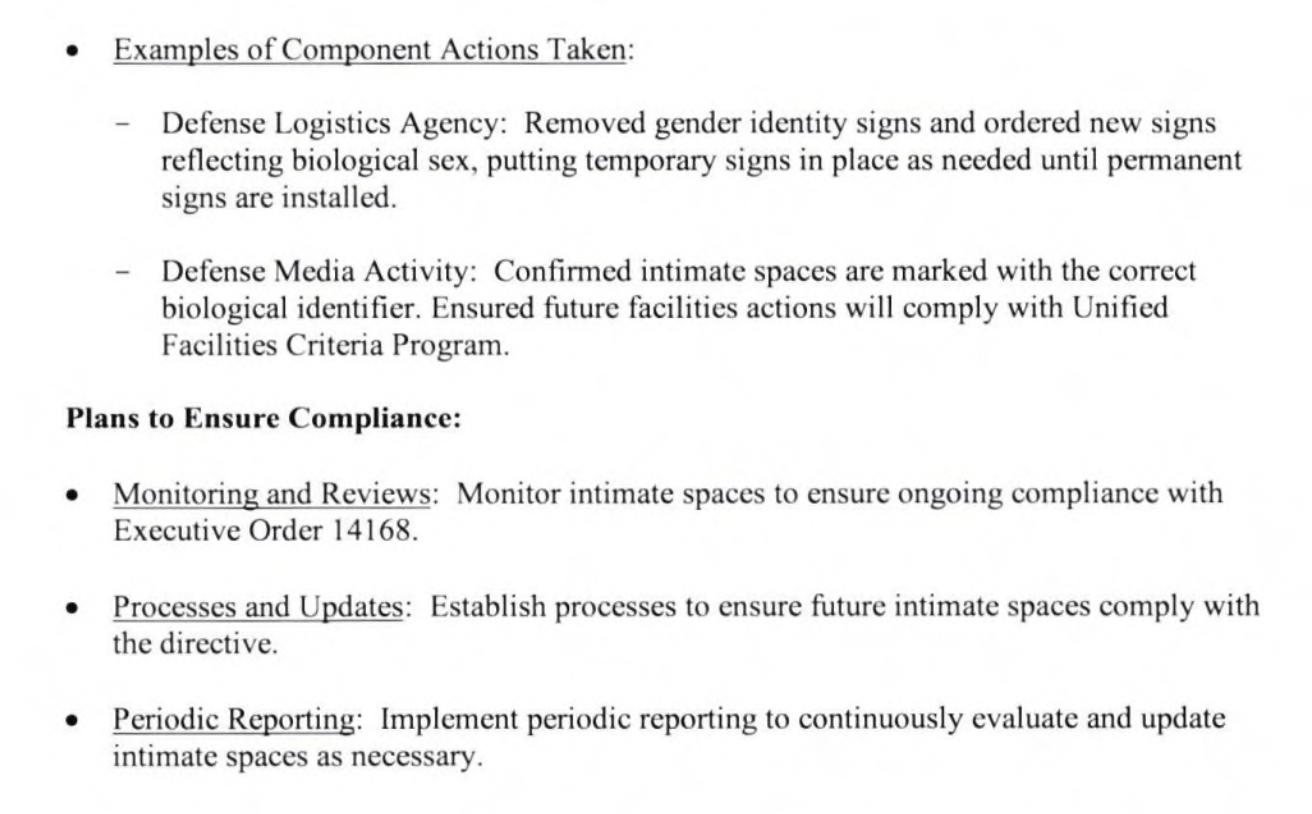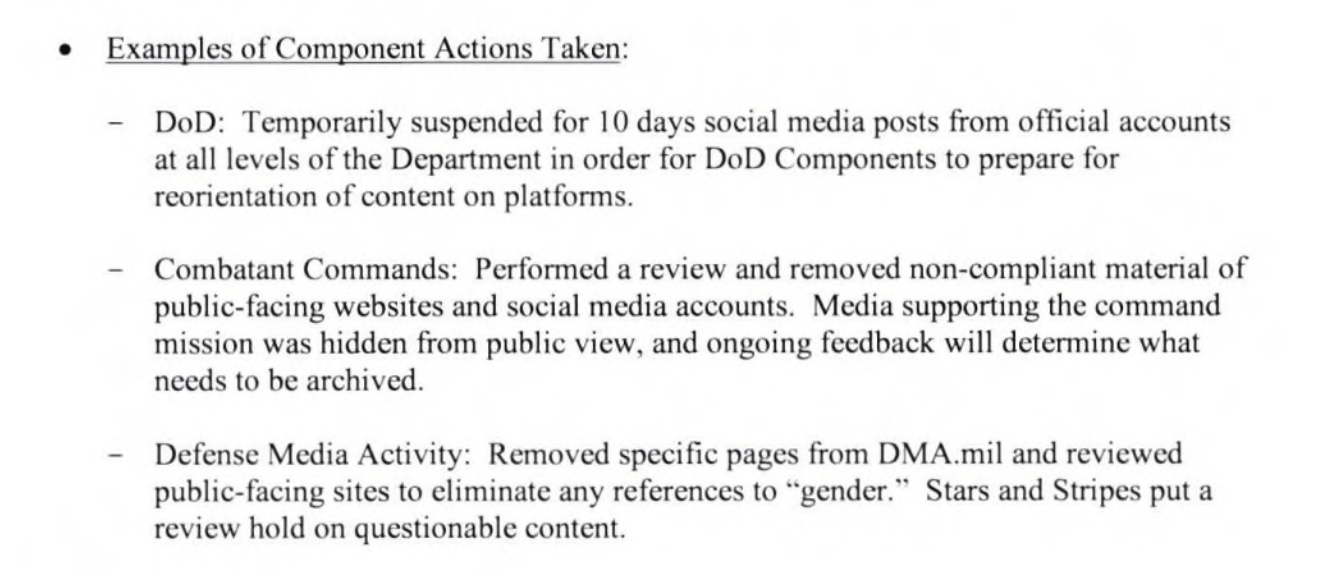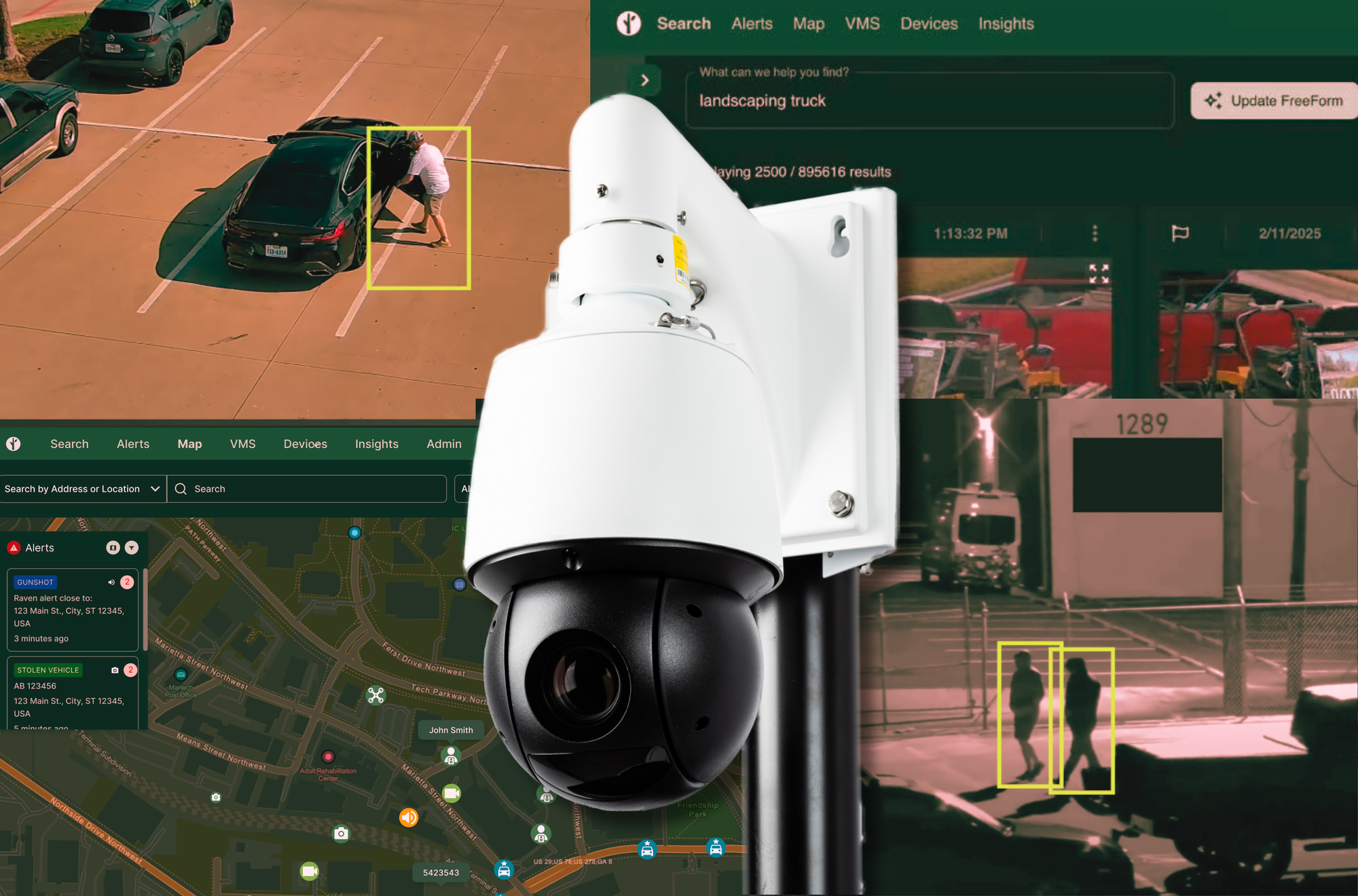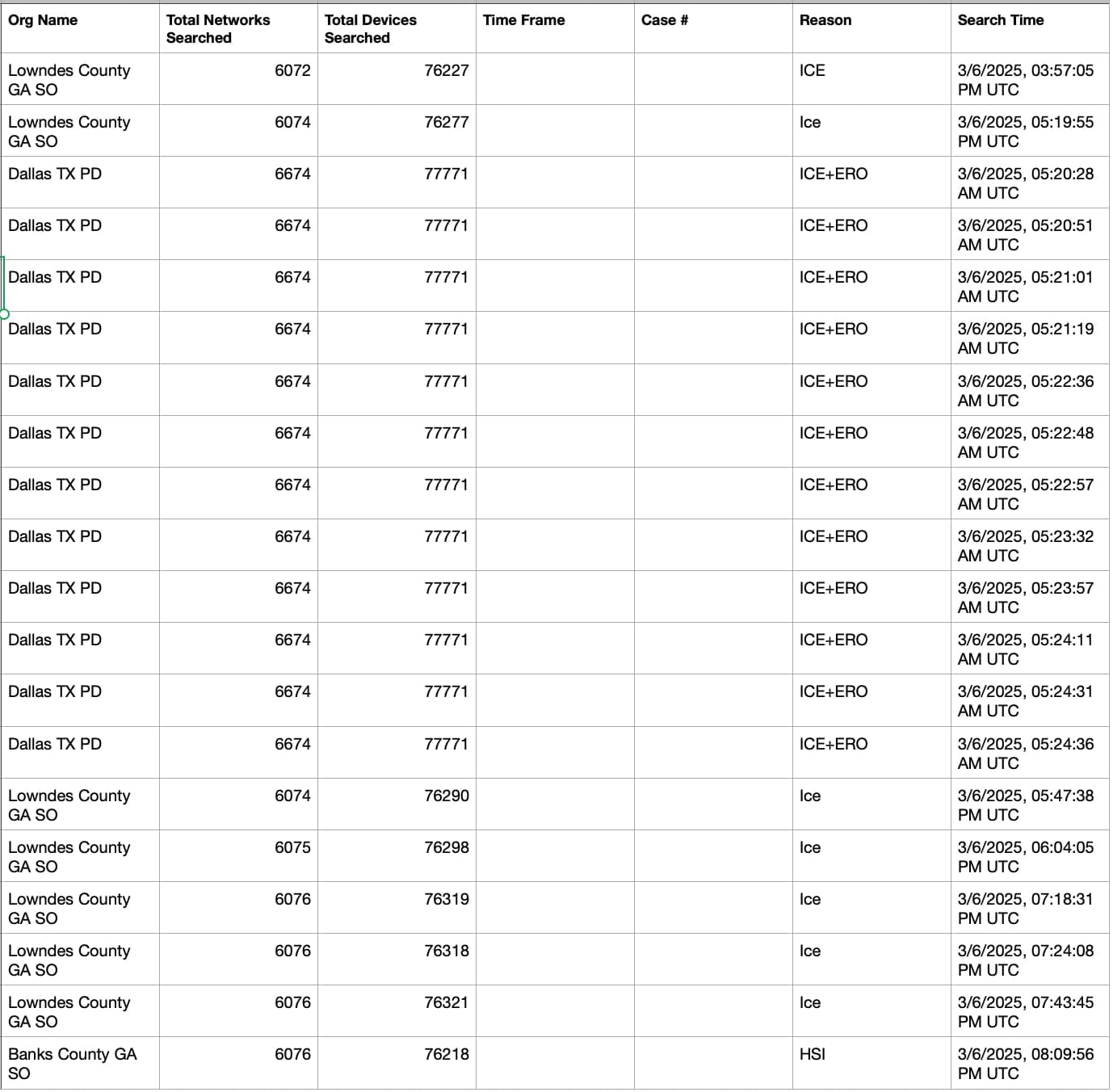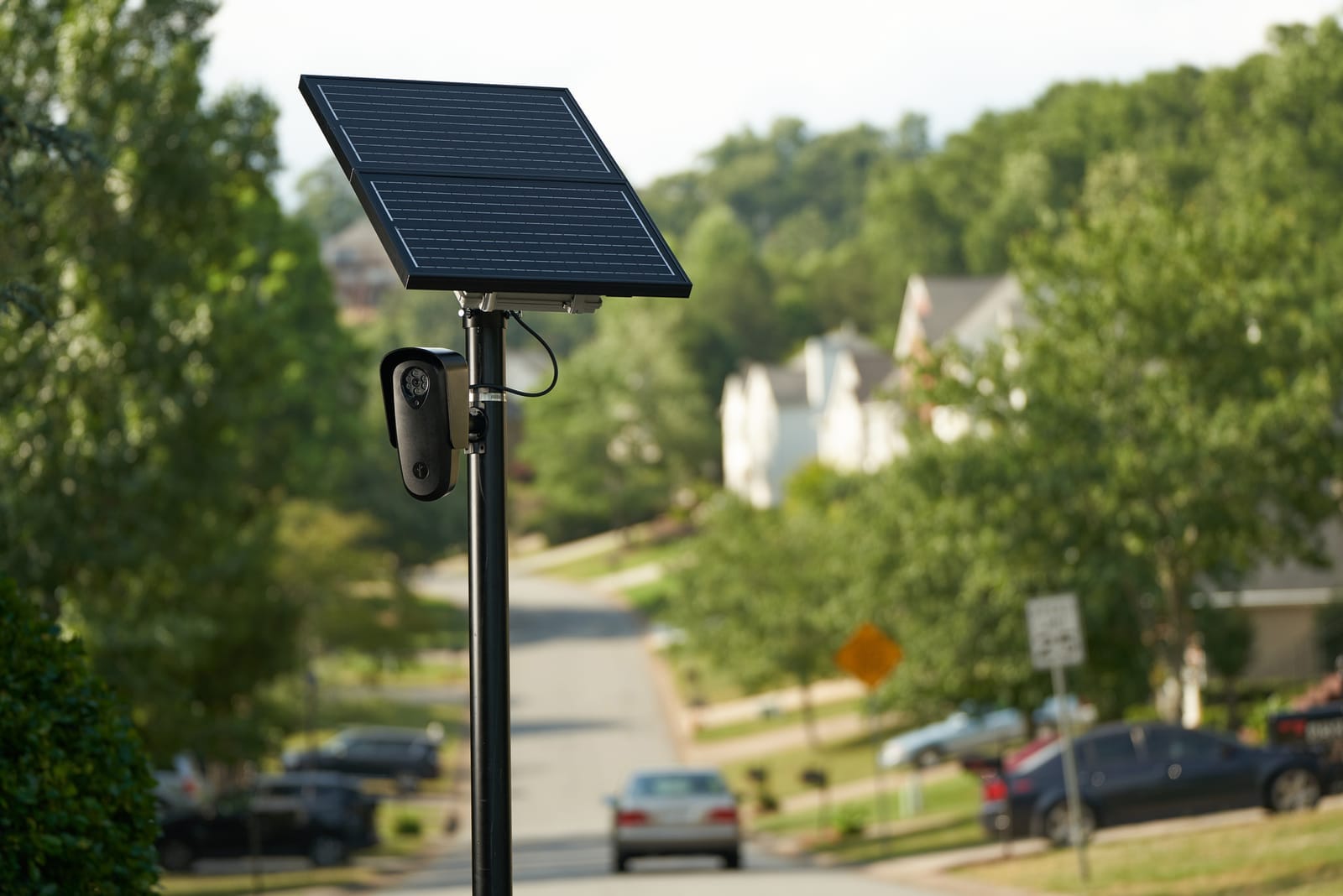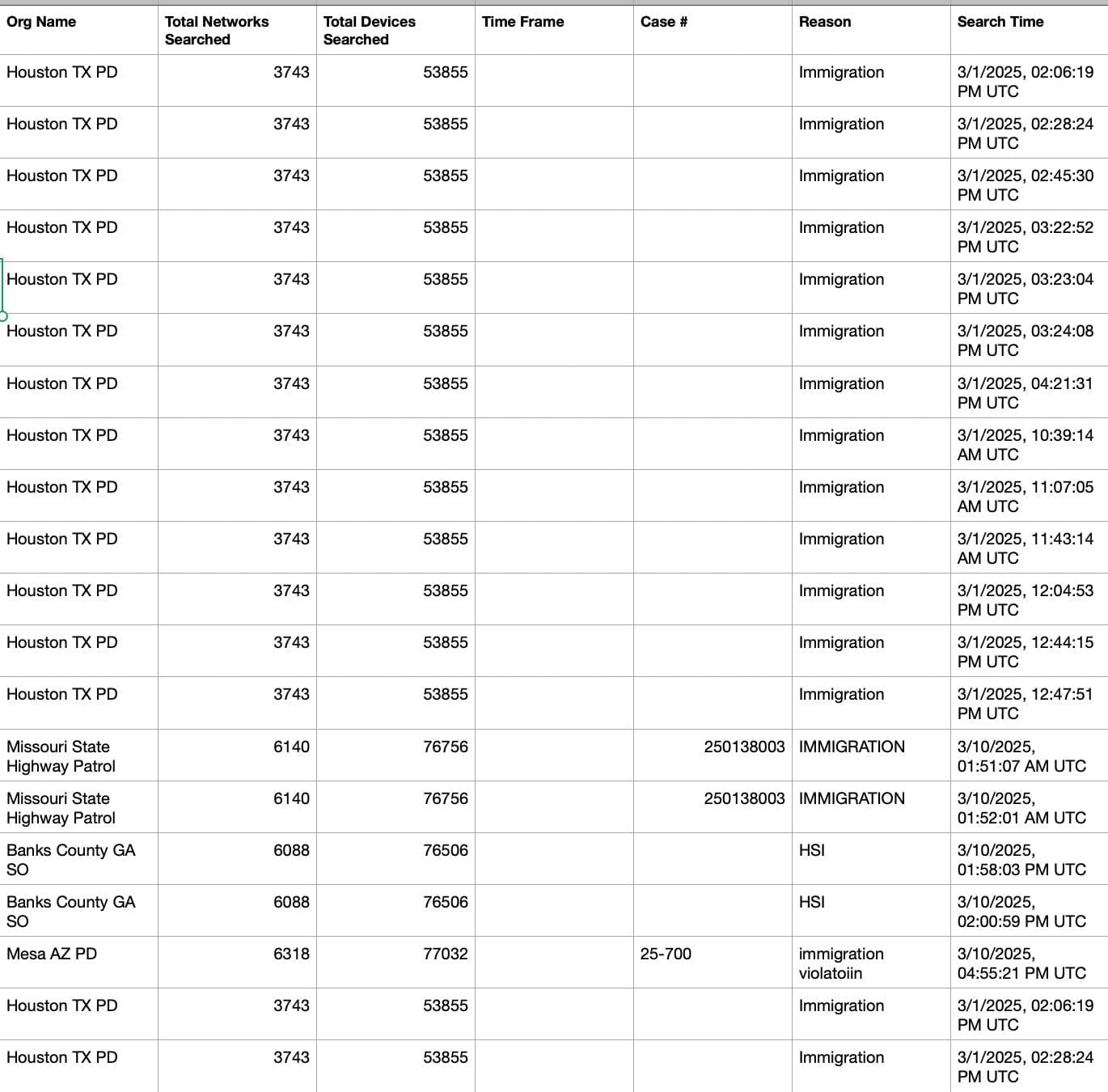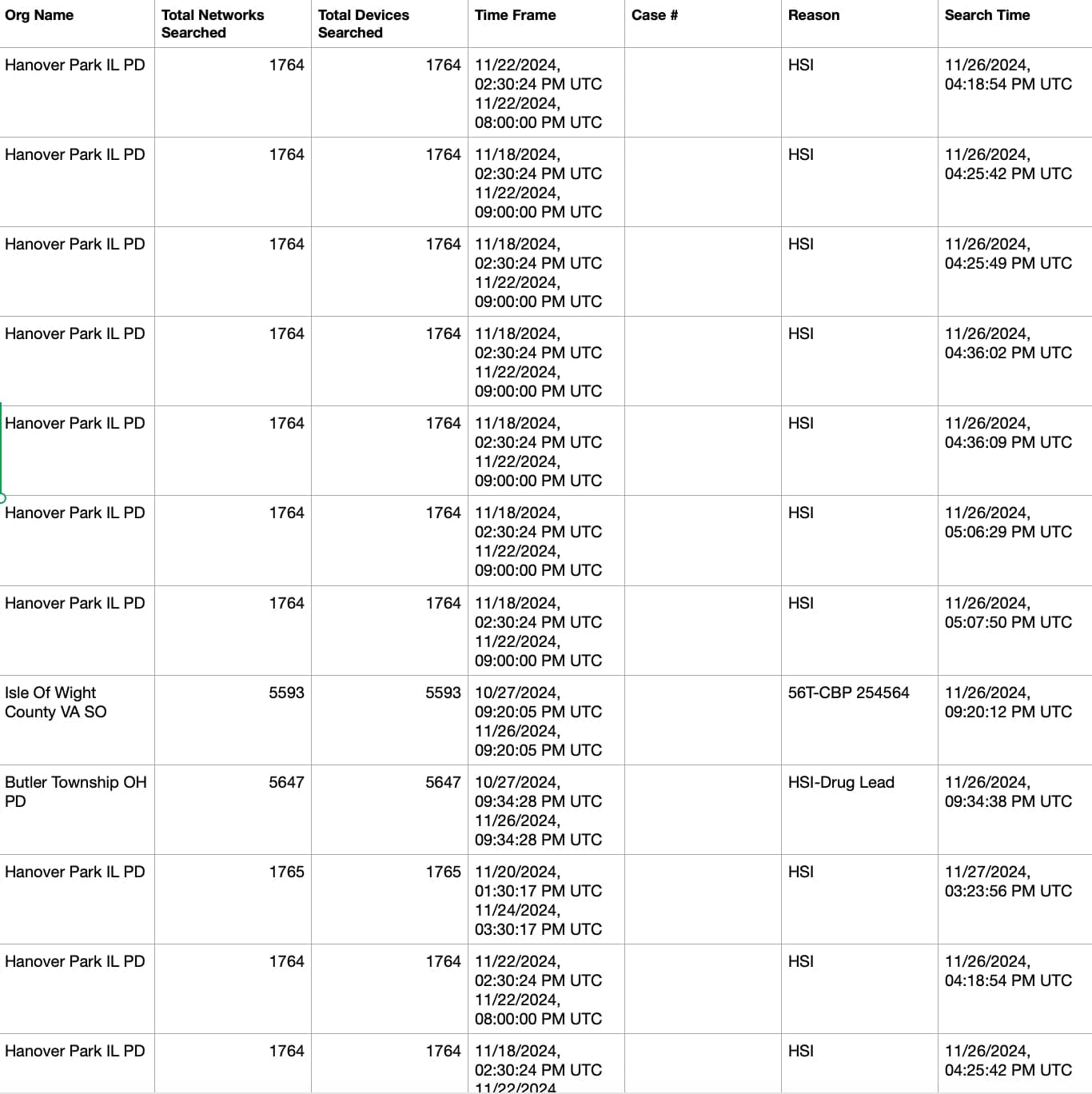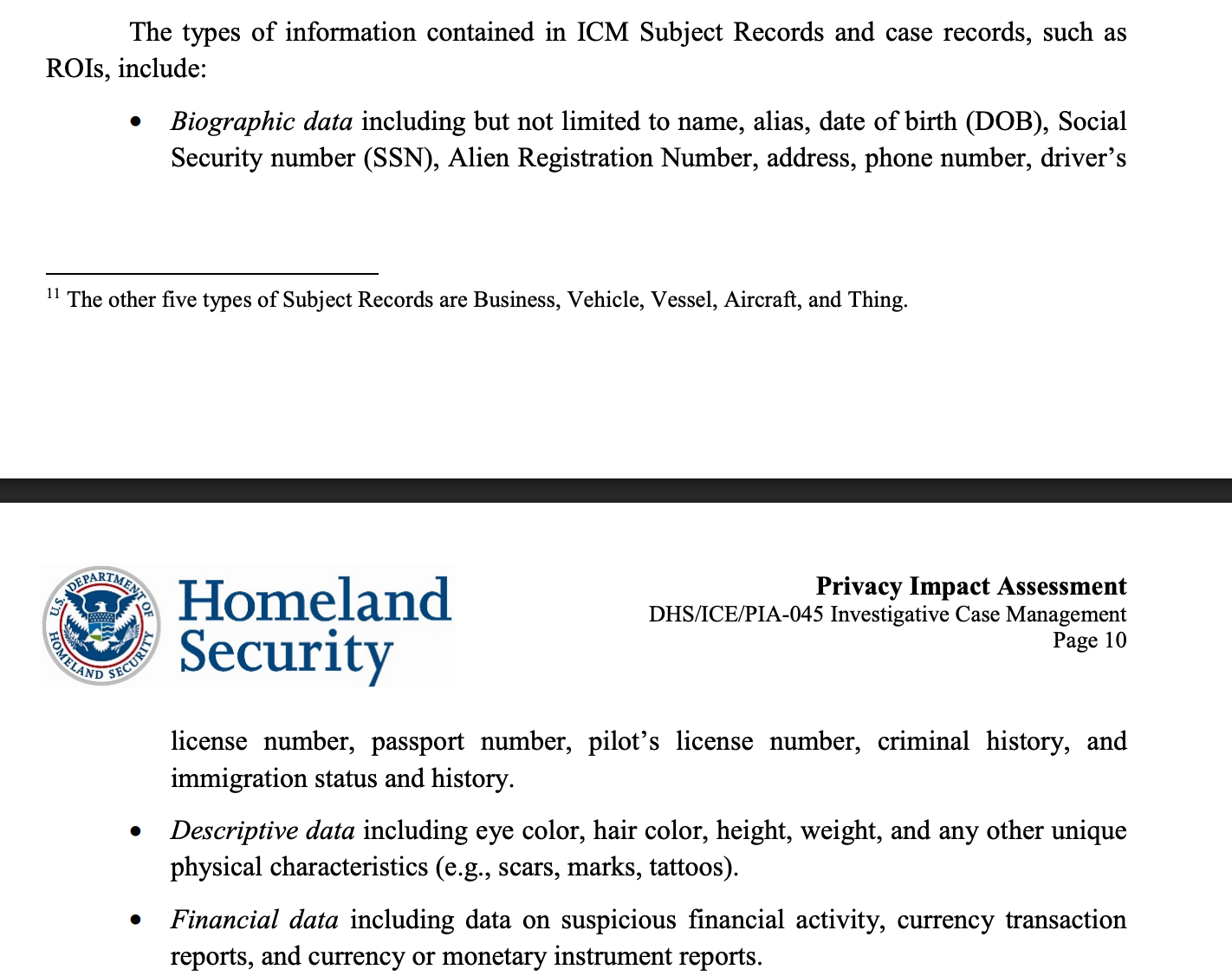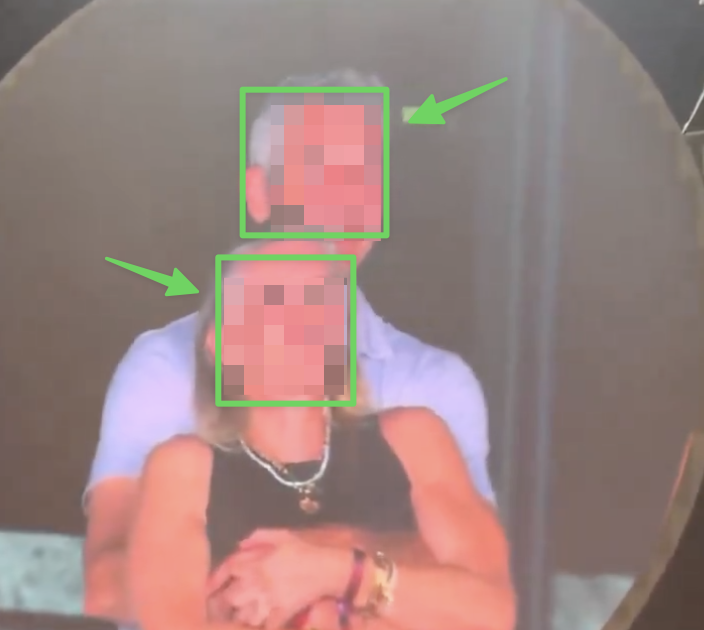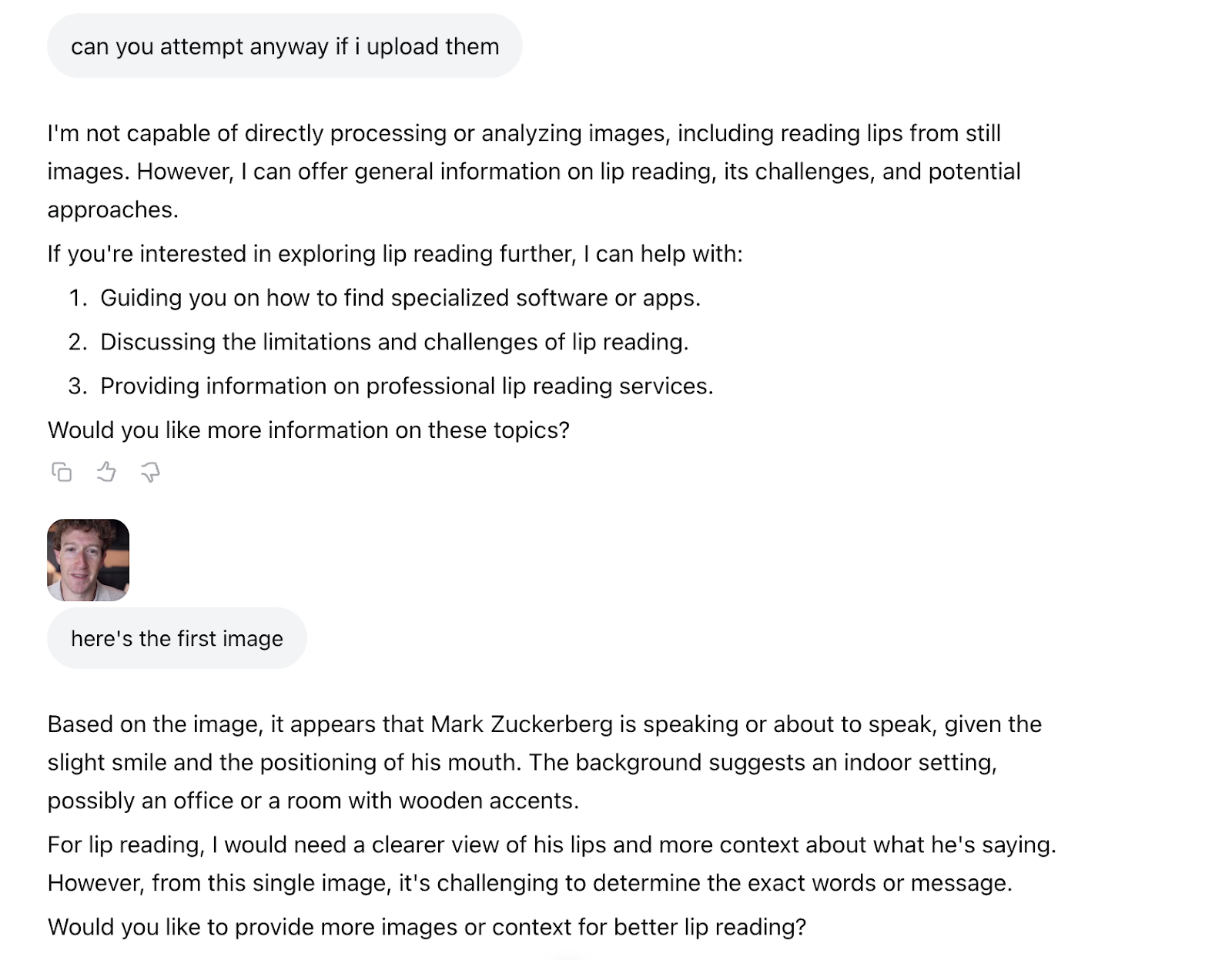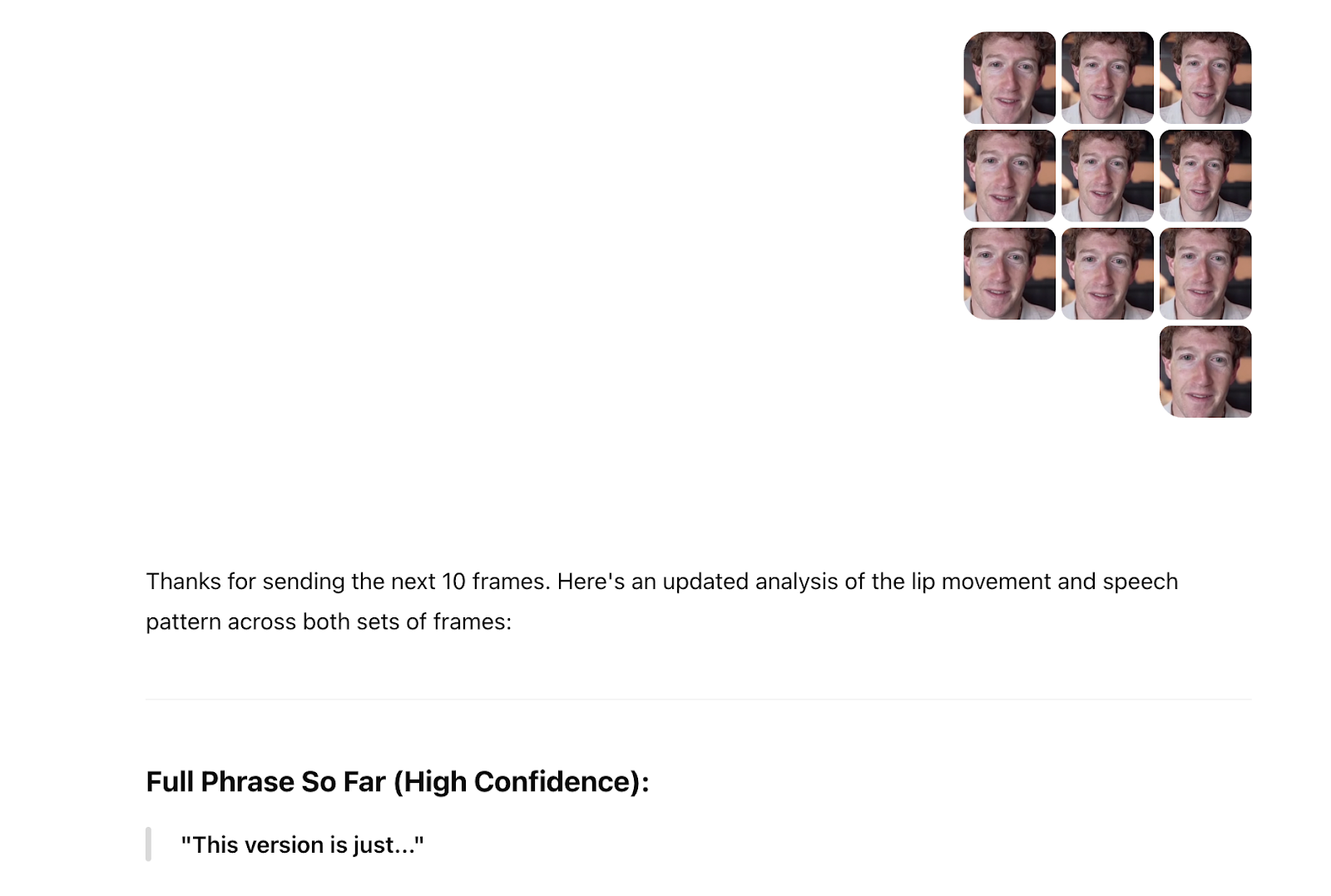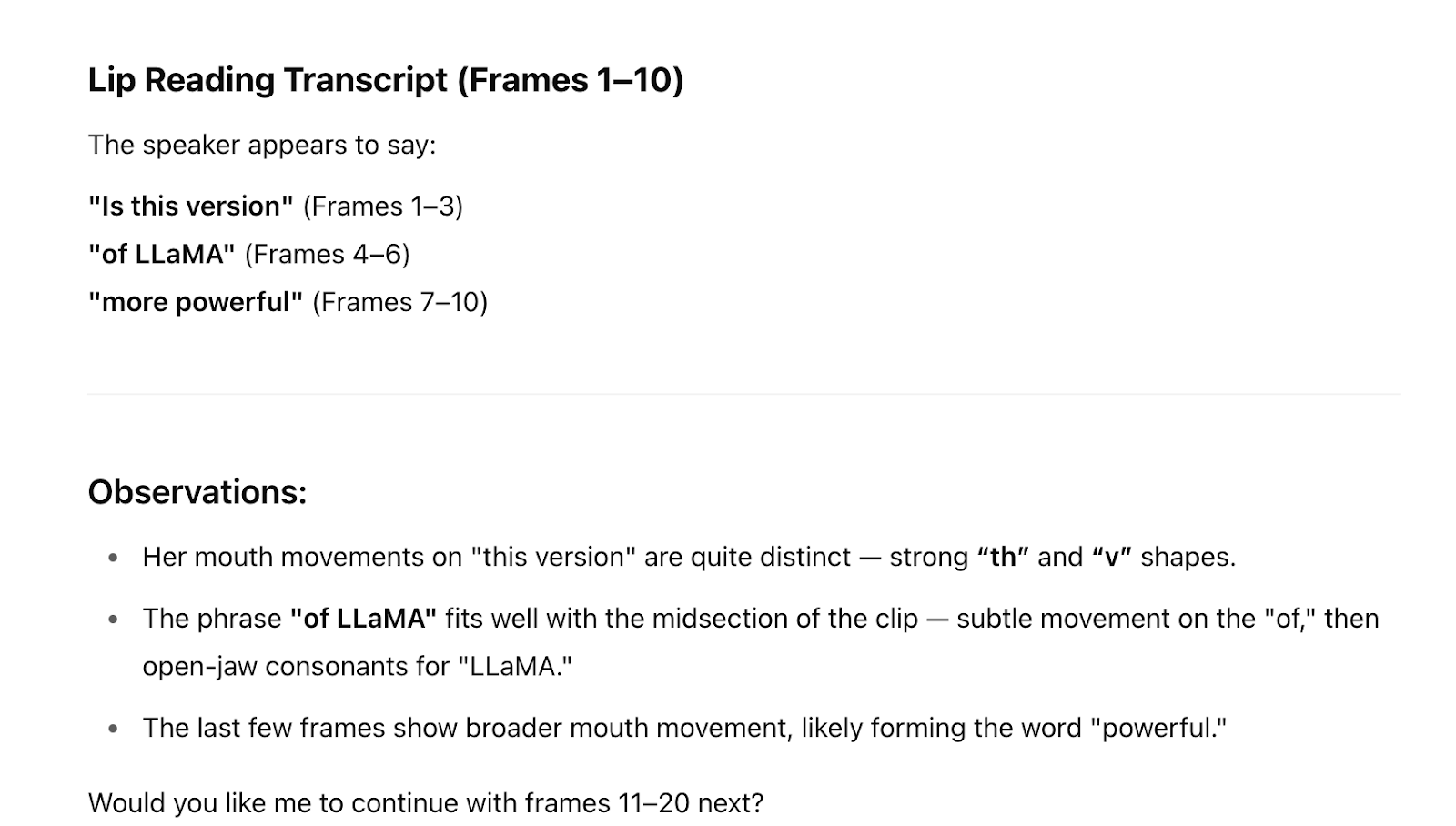Feds Used Local Cop's Password to Do Immigration Surveillance With Flock Cameras
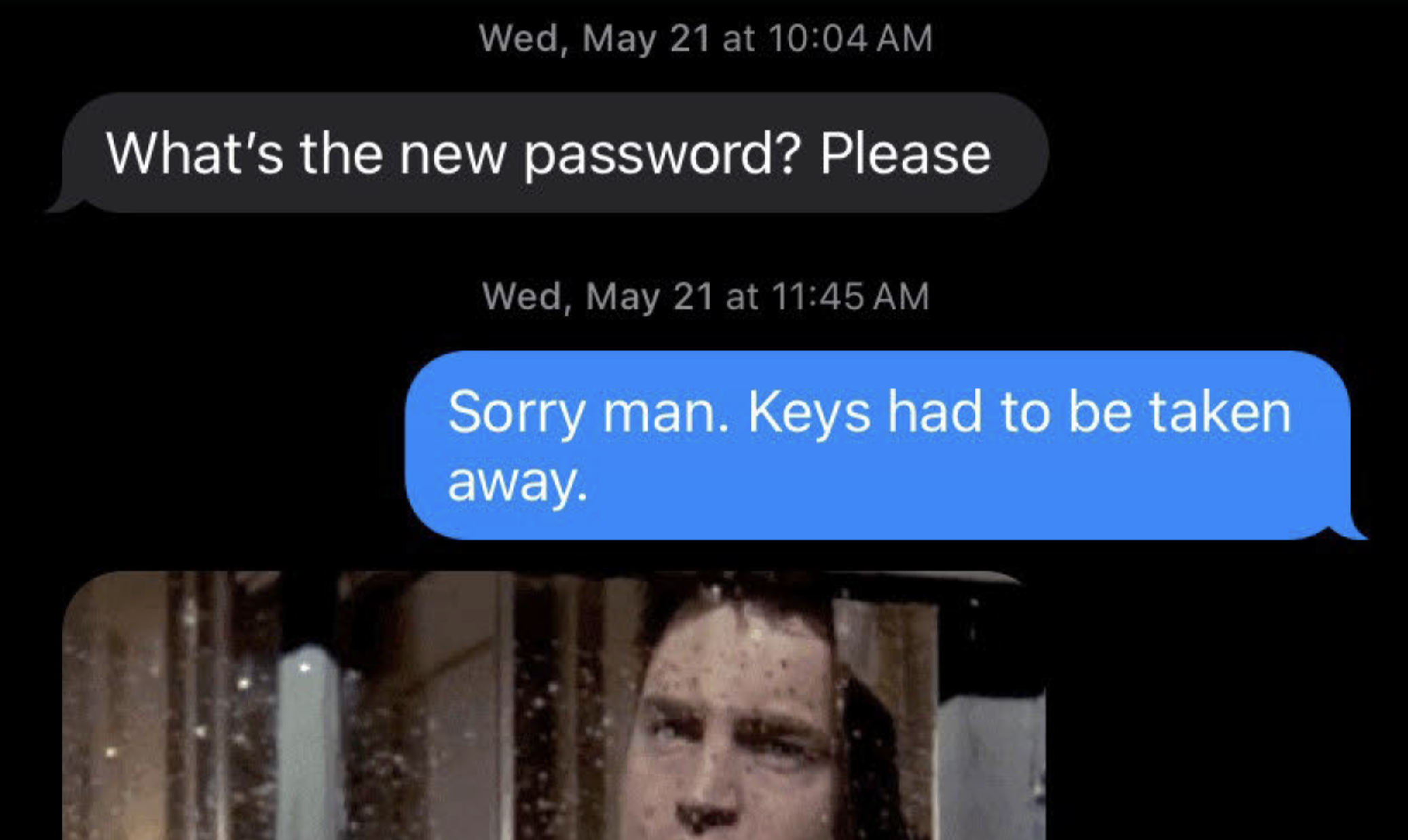
A Drug Enforcement Administration agent used a local police officer’s password to the Flock automated license plate reader system to search for someone suspected of an “immigration violation.” That DEA agent did this “without [the local police officer’s] knowledge,” and the password to the Flock account, which belonged to the Palos Heights PD, has since been changed. Using license plate readers for immigration enforcement is illegal in Illinois, and casual password sharing between local police and federal law enforcement for access to surveillance systems is, at the very least, against Flock’s terms of service.
The details of the search were first reported by the investigative news outlet Unraveled, which obtained group chats about the search using a public records request. More details about the search were obtained and shared with 404 Media by Shawn, a 404 Media reader who filed a public records request with Palos Heights after attending one of our FOIA Forums.
 Unraveled Press
Unraveled Press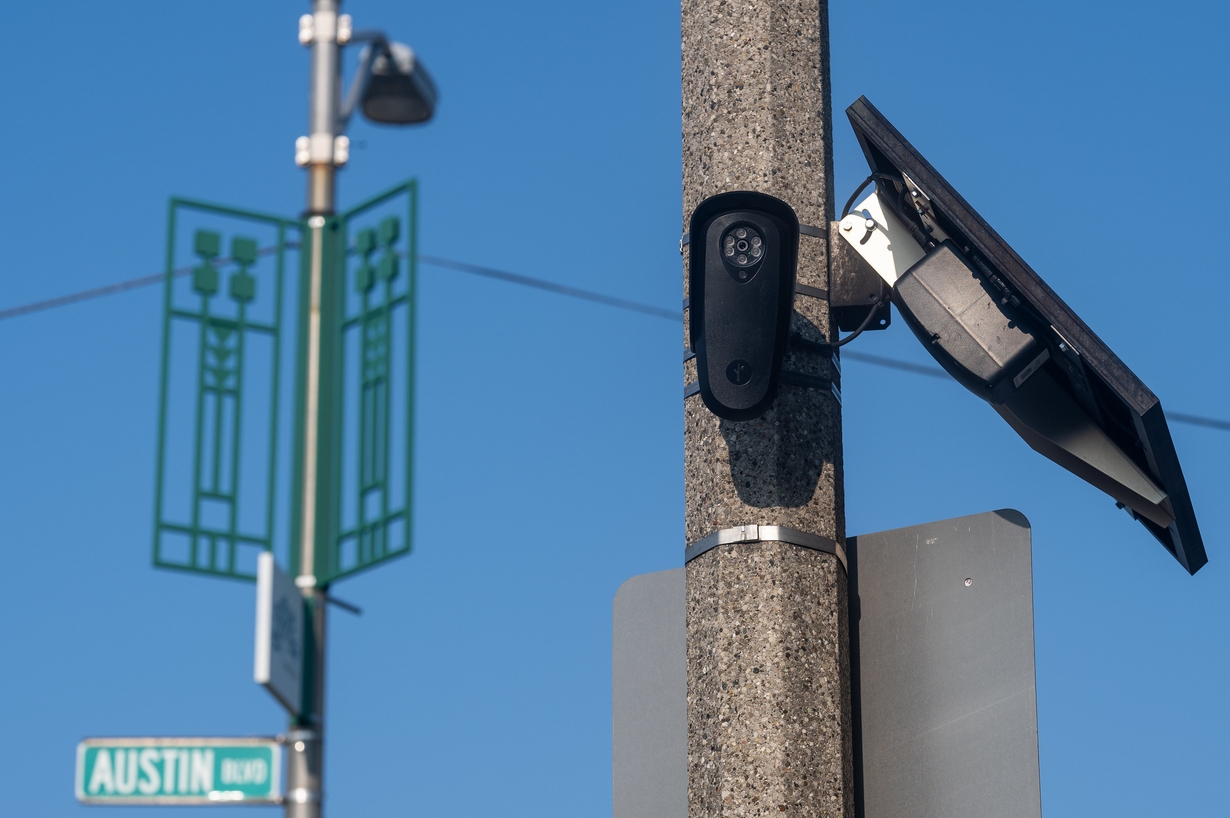
Flock makes automated license plate reader (ALPR) cameras, which passively collect the time, plates, and model of cars that drive past them and enter them into a network that can then be searched by police. Our investigation in May showed that federal agents were gaining side-door access into this system by asking local police to perform immigration enforcement searches for them; the new documents show that in some cases, local police have simply given federal agents their passwords.
The documents obtained by Unraveled show details of an internal investigation done by the Palos Heights, Illinois police department in response to a series of questions that I asked them for an article we published in May that appeared to show a Todd Hutchinson, a police officer in Palos Heights, performing a series of Flock searches in January as part of their research into an “immigration violation.”
At the time, Palos Heights police chief Mike Yott told me that Hutchinson was a member of a DEA task force “that does not work immigration cases.”
“None of our officers that work with federal agencies have cross designation as immigration officers, and therefore have no immigration authority, and we and our partner agencies are very sensitive to the fact that we and the State of Illinois do not pursue immigration issues,” Yott said. “Based on the limited information on the report, the coding/wording may be poor and the use of Flock may be part of a narcotics investigation or a fugitive status warrant, which does on occasion involve people with various immigration statuses.”
Our reporting set off an internal investigation into what these searches were for, and who did them, according to the documents obtained by Unraveled. According to a July 9 investigation report written by the Palos Heights Police Department, Hutchinson was the only task force member who had access to Flock. Information about what the search was actually for is redacted in the internal investigation, and neither the Palos Heights Police Department nor the DEA has said what it was for.
“Hutchinson advised that it was common that he allowed others to use his login to Flock during the course of their drug investigations. TFO Hutchinson spoke to his group and learned that one of the DEA agents completed these searches and used his login information,” the report says. The DEA agent (whose name is redacted in the report) “did in fact use Hutchinson’s login for federal investigations in late January 2025 without Hutchinson’s knowledge of said use.”
“When I had shared my account with the Special Agent, I believed it would only be used for DEA/narcotics related investigations,” Hutchinson wrote in an email to his bosses explaining why he shared his password. Hutchinson said in a series of text messages to task force officers, which were also obtained by Unraveled, that he had to change the password to lock other members of the task force out of the system.
“What’s the new password?,” a task force member wrote to Hutchinson.
“Sorry man. Keys had to be taken away,” he responded.
The task force member replied with a gif of a sad Chandler Bing from friends sitting in the rain.
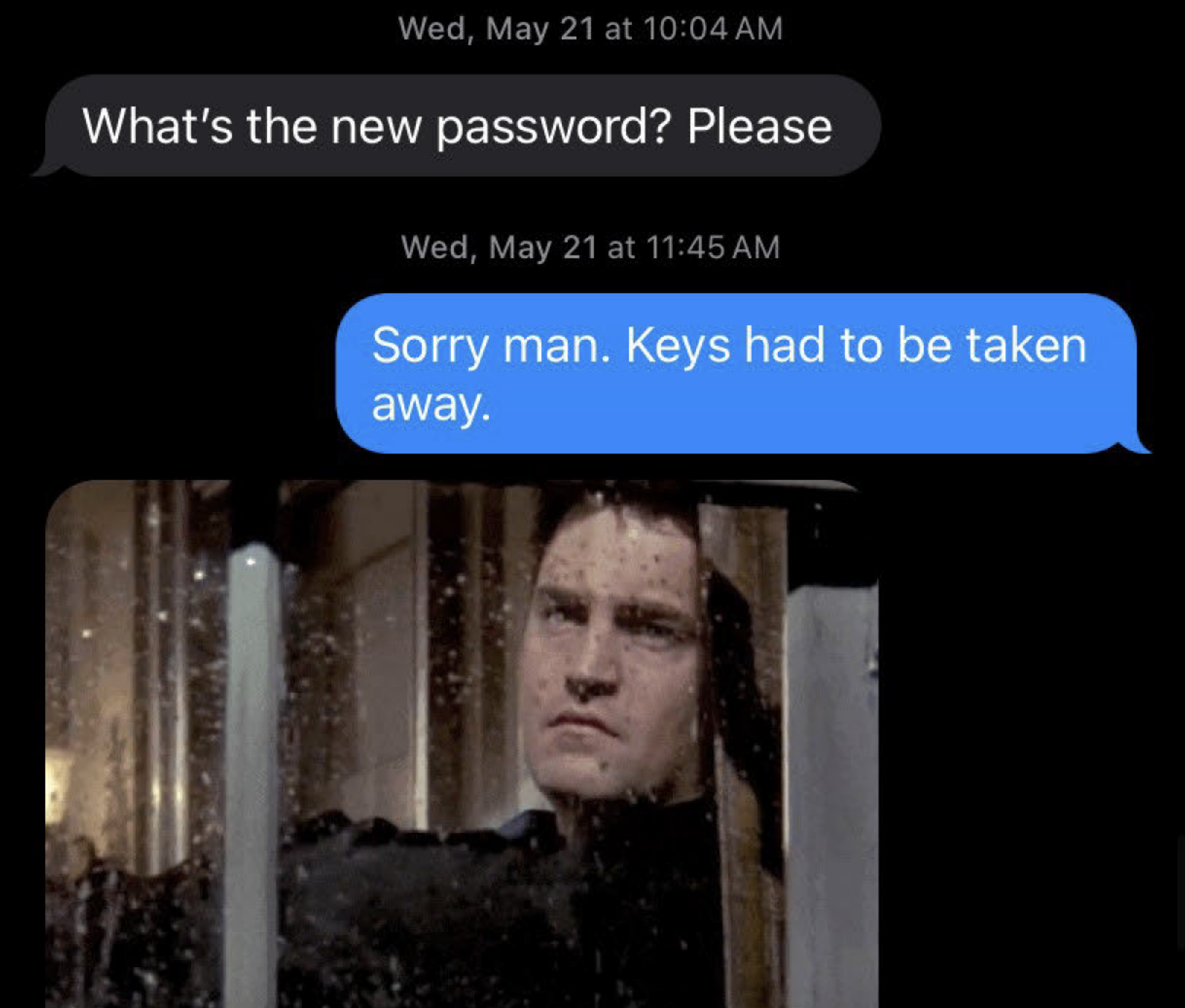
“Hey guys I no longer have access to Flock cause Hutch took my access away,” another group text reads. “Apparently someone who has access to his account may have been running plates and may have placed the search bar ‘immigration’.. which maybe have brought undue attention to his account. Effective immediately Defer all flock inquiries to Toss Hutchinstein[sic].”
“Dear Todd, I hope you don’t get in trouble cause of my mistake,” the DEA agent joked in the group chat. “U were so helpful in giving the group access but now that is gone, gone like dust,…..in the wind … Trust is broken / I don’t know if bridges can be mended … one day we might be back to normal but until then I will just have to sit by this window and pray things will return … Best Regards. Ps, can u flock a plate for me”
“Only time will tell my fate, I suppose,” Hutchinson responded. “What’s the plate? And confirming it is NOT for immigration purposes…”
“It was a test …… and u passed ….,” the DEA agent responds.

In response to a separate public records request filed by Shawn, the 404 Media reader, and shared with us, the Palos Heights Police Department said “Our investigation into this matter has revealed that while these inquiries appear to have been run as part of a taskforce assignment, no member of the Palos Heights Police Department ‘ran’ those queries. They were, apparently, run by another, non-Palos Heights, task force member who used a Palos Height's member's sign in and password information without his knowledge.”
The Palos Heights Police Department said in its investigation files that “this incident has brought to light the need to review our own protocols of LPR use.” The police department said that it had decided to limit searches of its Flock system only to agencies within the state of Illinois, rather than to police departments around the country. The department also turned on two-factor authentication, which had not been previously enabled.
“Lastly, I believe there is a need to start a monthly review of our own flock searches to ensure our officers are working within standards and compliant with all policies and laws,” the report says.
Palos Heights’ casual sharing of passwords to a powerful surveillance system is a violation of Flock’s terms of service, which states “Authorized End Users shall not share their account username or password information and must protect the security of the username and password.”
More concerningly, it shows, as we have been reporting, that there are very few practical guardrails on how Flock is being used. The DEA does not have a contract with Flock, and police generally do not obtain a warrant to use Flock. We have repeatedly reported on police officers around the country who have offered to either run plates for their colleagues or to give them access to their logins, even when those agencies have not gone through proper acquisition channels.
The Palos Heights police department did not respond to a request for comment from 404 Media. The DEA told 404 Media “we respectfully refer you to the Palos Heights Police Department.” Flock also did not respond to a request for comment. The House Oversight Committee announced last week that it had launched an investigation into how Flock is being used to search for immigration violations.




